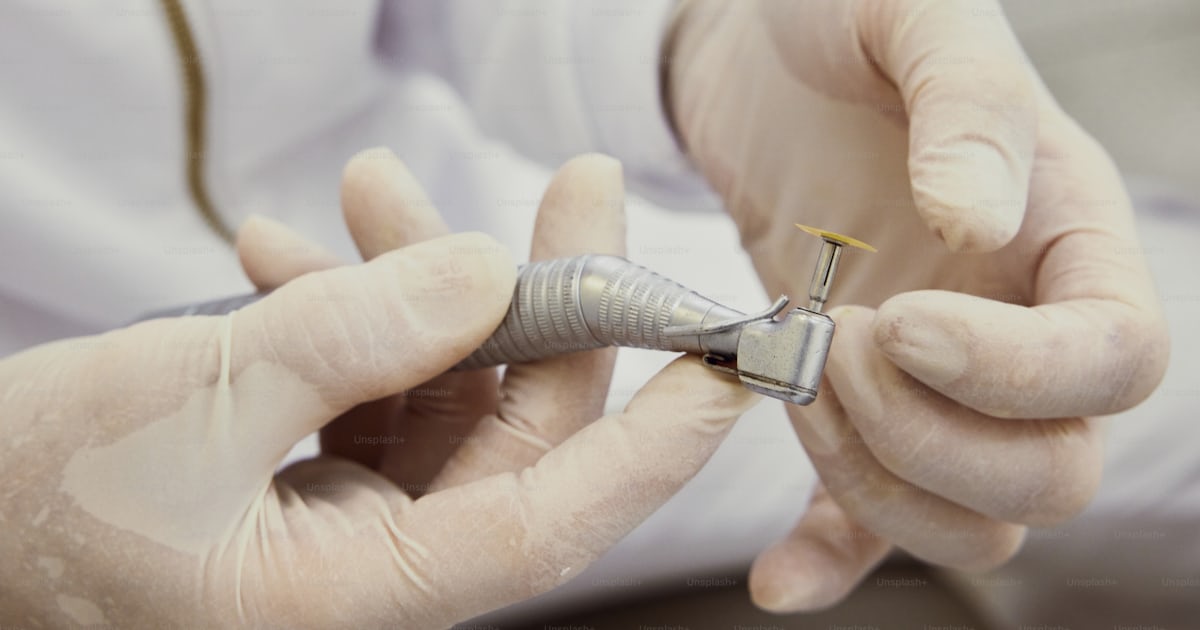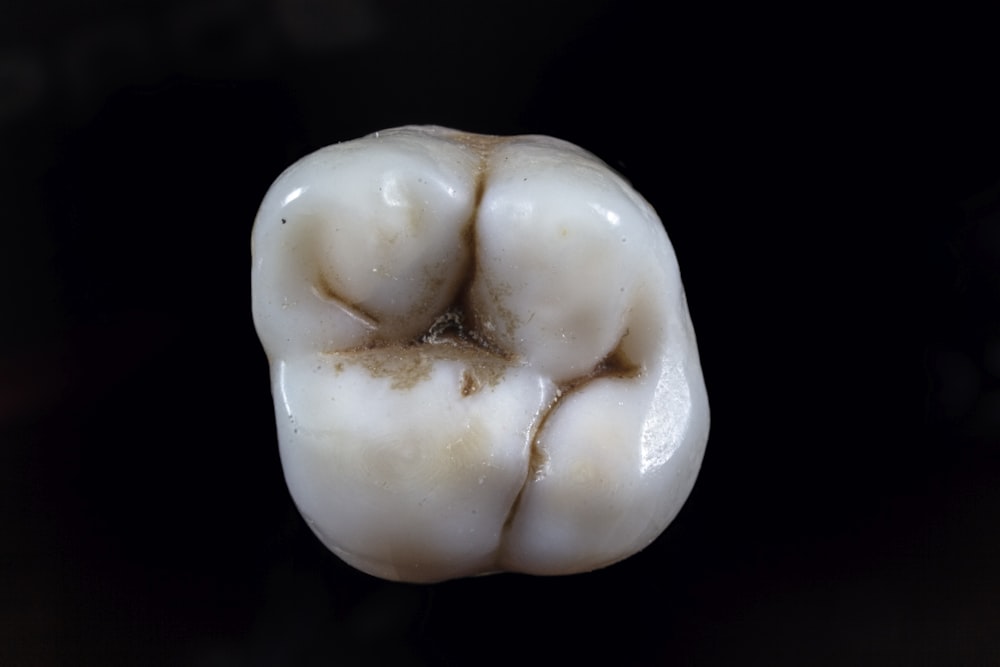Regular Dental Visit - Dental Implant Hartford OH
Regular Dental Visit - Dental Implant Hartford OH
Blog Article
Dental Implant Johnstown OH - Dental Implants
When figuring out what sort of anesthesia is used for dental implants, it turns into essential to explore varied options obtainable to patients. The choice of anesthesia can considerably influence the comfort of the process, the overall experience, and the velocity of recovery. Dental Implant Johnstown OH.
Local anesthesia is essentially the most commonly used kind for dental implant surgeries. In this method, an anesthetic agent is injected close to the surgical site. Local anesthesia effectively numbs the focused area, allowing the oral surgeon or dentist to carry out the procedure with minimal pain to the patient. It is helpful as a outcome of patients remain absolutely awake and conscious throughout the process, fostering a sense of management.
Dental Implant Johnstown OH - Dental Implant Placement
Sedation dentistry presents one other method for many who might really feel anxious in regards to the process. Sedation can vary from gentle to deep, permitting sufferers to relax while their implants are placed. Different levels of sedation can be achieved via oral sedatives, nitrous oxide, or intravenous methods. The degree of rest may be tailor-made to the precise wants or nervousness ranges of the patient.
Nitrous oxide, commonly known as laughing fuel, is a well-liked choice for dental procedures, including implants. This form of sedation works shortly, permitting sufferers to feel relaxed and euphoric. Administration is handy, because the gas is inhaled through a mask positioned over the nostril. Patients can sometimes resume normal activities shortly after the process, making nitrous oxide a favourite among both dentists and sufferers.
Another option is oral sedation. This technique entails taking a prescribed sedative earlier than the appointment. Patients often feel sleepy and less aware of their surroundings whereas still with the ability to communicate with their dental team if necessary. While oral sedation is effective, its onset and period can differ from individual to individual, so dentists should consider particular person needs rigorously.
Intravenous (IV) sedation provides deeper ranges of sedation, perfect for longer or extra advanced procedures. This technique permits for speedy adjustment of sedation levels, as the anesthetic is administered directly into the bloodstream. Patients in this state may really feel extremely relaxed and won't keep in mind the process afterward. IV sedation sometimes requires a more extensive recovery period compared to native anesthesia alone.
Dental Implant Centerburg OH - Dental Services - Ohio
General anesthesia, though generally reserved for more invasive surgeries, may additionally be thought-about for dental implants in specific conditions. This sort of anesthesia induces a state of full unconsciousness, requiring shut monitoring by an anesthesiologist. General anesthesia is suitable for sufferers with severe anxiety, those that have problem sitting still for prolonged periods, or when a quantity of procedures are carried out concurrently.
The choice of anesthesia might also rely upon the affected person's medical historical past and any underlying health conditions. Some diseases might enhance the danger of complications throughout anesthesia. Detailed discussions between the affected person and the dental staff can lead to a personalized anesthetic plan that ensures safety while enhancing comfort.
Many sufferers specific concern relating to the side effects associated with anesthesia. While unwanted effects can range based on the kind used, most native anesthetics present minimal risks. Common concerns embody temporary numbness and swelling close to the injection site. For those that go for sedation, unwanted aspect effects could encompass drowsiness, dizziness, or nausea.
Recovery time additionally plays a task within the choice of anesthesia. Local anesthesia sometimes read this allows for a faster recovery, enabling patients to renew normal actions within hours. Sedation strategies might require extra time for the treatment to put on off, necessitating arrangements for transportation post-procedure.
Dental Implant Centerburg OH - Dental Services - Ohio

The significance of communication between the patient and the dental practitioner cannot be overstated. Sharing issues and preferences permits for a tailored anesthetic approach. A thorough evaluation helps to establish probably the most appropriate type additional reading of anesthesia to make sure both comfort and effectiveness during the dental implant procedure.
In addition to consolation and safety, the overall success of dental implants may additionally be influenced by the choice of anesthesia (Dental Implant Condit OH). The effects of hysteria on the body can complicate surgical procedures and lengthen recovery times. Therefore, a correct anesthetic plan plays a crucial role in not solely immediate consolation but also the long-term success of the dental implants.
Dental Implant Sunbury OH - Dental Implant Services in Ohio
Patients ought to be ready to discuss their medical history, anxiousness levels, and private preferences when consulting a dentist for dental implants. This open dialogue permits the practitioner to create an anesthetic strategy that suits the individual while guaranteeing the process runs easily and successfully.

The quest for a pain-free dental implant procedure may be daunting for so much of. The various kinds of anesthesia create options that can match individual needs, lifestyles, and luxury ranges. The proper selection of anesthesia can turn a doubtlessly tense dental visit right into a extra manageable experience.
Dental Implant Centerburg OH - Dental Hygienist near Ohio
In conclusion, understanding what kind of anesthesia is used for dental implants is crucial for sufferers getting ready for the process. From native to common anesthesia, every method has its advantages and concerns. With a wide range of choices available, sufferers can work closely with their dental staff to find out the most effective strategy, enhancing not only consolation but also the probability of a profitable outcome. Ultimately, the selection of anesthesia instantly impacts both the experience in the course of the procedure and the general satisfaction with dental implants.
- Local anesthesia is predominantly used for dental implants, offering targeted numbing to the surgical website whereas permitting the patient to stay fully aware.
- Common local anesthetics embrace lidocaine, articaine, and mepivacaine, every chosen for his or her effectiveness and period of action.
- Sedation dentistry may be employed for patients with nervousness, usually using average sedation strategies like nitrous oxide or oral sedatives.
- General anesthesia can be an choice for advanced cases or in patients with extreme anxiousness or special needs, making certain a very unconscious state.
- The alternative of anesthesia depends on the patient's medical history, degree of hysteria, and complexity of the implant process.
- During the procedure, monitoring of important indicators ensures the affected person's security and comfort ranges are maintained.
- Post-surgery, sufferers are sometimes given directions regarding pain management, which may embrace over-the-counter pain relievers alongside advised dosages of native anesthesia.
- The use of anesthetic agents can vary based mostly on particular person responses, necessitating a tailor-made approach from the dental professional.
- Some dental practices may offer virtual reality or distraction techniques to assist patients manage anxiousness alongside anesthesia choices.undefinedWhat kind of anesthesia is used for dental implants?
What is the most common type of anesthesia used for dental implants?undefinedThe commonest type of anesthesia for dental implants is local anesthesia, particularly lidocaine. This numbs the surgical space to attenuate pain in the course of the process.
Can I request sedation for my dental implant surgery?undefinedYes, many dentists offer sedation options, such as oral sedation or nitrous oxide, for patients who feel anxious or prefer a more relaxed experience throughout dental implant surgery.
Dental Implant Hartford OH - Best Dental Implants near Ohio

Will I be awake in the course of the dental implant procedure?undefinedIf local anesthesia is used, you'll be awake but numb in the remedy space. If sedation is chosen, you could be in a light sleep and not absolutely conscious of the process.
How long does the anesthesia final during the procedure?undefinedThe effects of native anesthesia typically last for 1 to 3 hours, depending on the specific medicine used. However, the length can range based on particular person factors.
Dental Implant Columbus OH - General and Restorative Dentistry

Are there any unwanted effects of dental anesthesia?undefinedPossible unwanted effects can embody temporary numbness, swelling, bruising, and, in uncommon circumstances, allergic reactions. It's important to discuss any issues with your dentist beforehand.
Can I eat or drink after receiving anesthesia for my dental implant?undefinedIt's finest to avoid consuming or ingesting until the numbness has completely worn off to stop biting your tongue or cheek. Follow your dentist’s particular post-operative instructions for one of the best outcomes.
How is anesthesia administered for dental implants?undefinedLocal anesthesia is typically administered via a small injection instantly into the gum tissue. Sedation choices might contain inhalation or oral medication to help you chill out earlier than the process.
Dental Implant Granville OH - Oral Surgeon - Oral Surgery Office
Do I want someone to drive me house after the procedure?undefinedIf you’ve acquired sedation, it’s really helpful to have somebody drive you residence, as you could feel groggy or disoriented. Local anesthesia alone usually does not require assistance.
What if I have a fear of needles?undefinedIf you could have a worry of needles, talk about this together with your dentist. They can present strategies to help ease your anxiety, such as using topical numbing brokers earlier than the injection.
Report this page